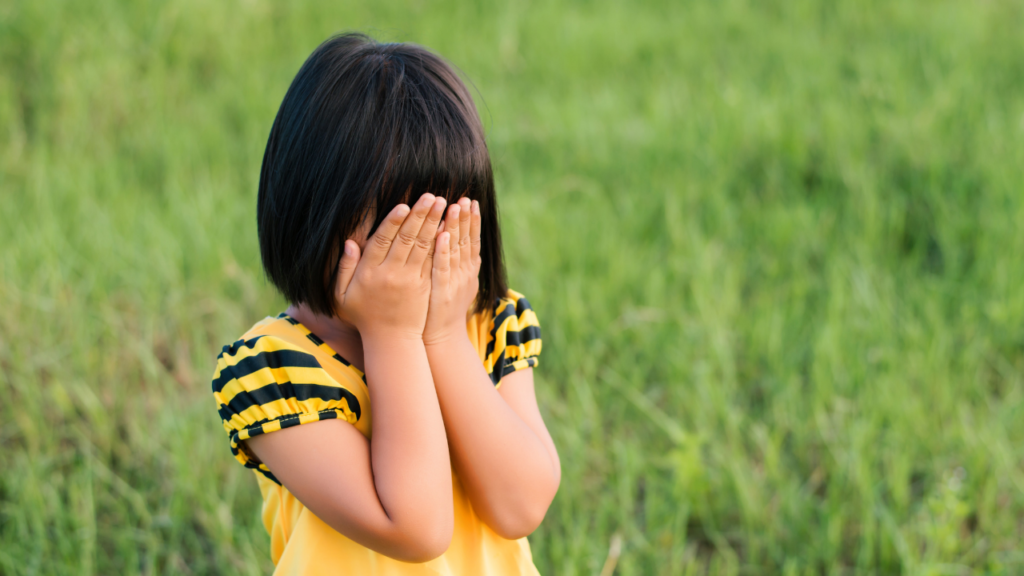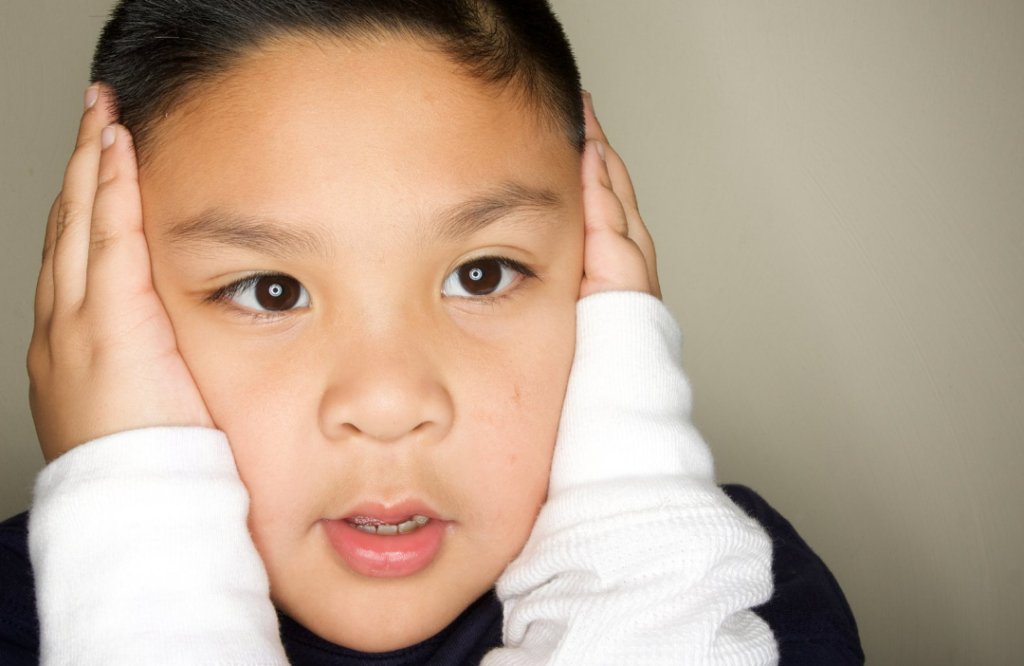Support Spring Routine Changes: End of School Year Survival Guide
It’s the end of the school year! Is your calendar filling up with fieldtrips, recitals, celebrations? Amongst the activity, are you and your child also feeling chaos, decisions, and multi emotions? It’s a bittersweet time. We honor and celebrate accomplishments that have been the year in the making, appreciate those that helped us to get …
Support Spring Routine Changes: End of School Year Survival Guide Read More »









